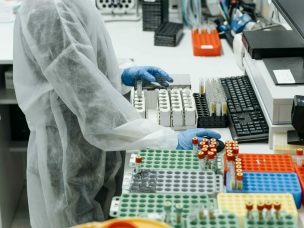FRIDAY, Oct. 9, 2020 (HealthDay News) — Disease course, fatigue, self-efficacy, and diet and exercise are major determinants of unemployment for patients with multiple sclerosis (MS), according to a study published in the Nov. 1 issue of Multiple Sclerosis and Related Disorders.
Lauren Strober, Ph.D., from the Kessler Foundation in East Hanover, New Jersey, assessed disease, person-specific factors (e.g., personality, self-efficacy), and health-related behaviors that may be tied to unemployment among 252 individuals with MS.
The study found that those “at risk” for leaving the workforce were more likely to have a progressive course and reported greater fatigue, sleep problems, pain, depression, and anxiety. Those at risk also reported lower levels of locus of control and MS self-efficacy and engaging in maladaptive coping. They also endorsed higher levels of neuroticism and lower levels of conscientiousness, extraversion, and agreeableness. Those “not at risk” reported engaging in more positive health-related behaviors. In total, 16 percent of the variance was accounted for by disease course, fatigue, MS self-efficacy, and diet/exercise.
“Findings suggest that greater consideration and interventions tailored to these factors is warranted, which may assist individuals with MS staying employed and/or making appropriate accommodations,” Strober writes.
Abstract/Full Text (subscription or payment may be required)










